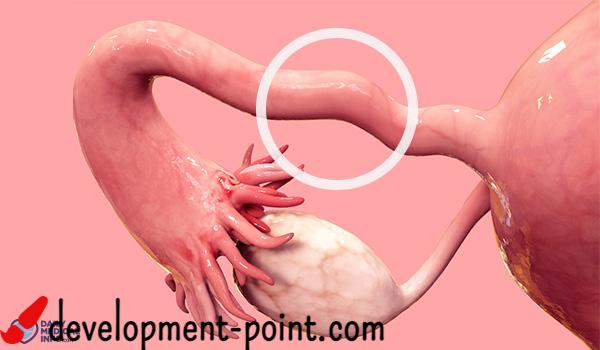Dried ivy leaves: know the benefits and harms of their use
Do you know what ivy leaves are or what is known as dry ivy or English ivy? It is a famous plant, but which many people do not know that it has health benefits and can be used as an herbal supplement, let’s get to know in detail about this plant and its most important benefits.
What is an ivy plant?
Ivy in English (Hedera helix) or as it is known as English ivy is one of the most famous ornamental plants and it is an evergreen plant, which is used on the external walls of buildings, and it can also be used as an indoor house plant, it helps a lot to purify the air and has more benefits Other health benefits make it a distinctive and useful option for you and your family, as it is used in the manufacture of many medical preparations.
Benefits of ivy leaves or dry ivy
The health benefits that this plant contains are many, the most important of which is its strong anti-inflammatory effect, and we will explain to you its most important beneficial health properties.
Anti-inflammatory and antioxidant
This plant is one of the plants rich in polyphenols and some important plant compounds such as saponins and flavonoids. These compounds and plant properties have many benefits, the most famous of which is that they are powerful anti-inflammatory and antioxidants as well.
In one study, researchers noted that extracts of this plant provide a protective effect against diabetes, and this may be due to the plant’s antioxidant effect. Another study in which researchers noted that ivy leaves had anti-inflammatory effects, especially in lung cells. It is also used to treat other conditions such as rheumatoid arthritis and burns.
NB:
These studies are preliminary and need more research, study and clinical trials, so the results are not 100% certain.
ivy benefits for cough
A lot of scientific research links ivy leaves with respiratory problems, especially the upper part of it, as these studies show that the ivy plant is useful for treating some respiratory diseases, such as:
There are also scientific sayings explaining its usefulness and properties that help treat coughs, colds and respiratory infections. Researchers attribute the effect of this plant on the lungs to its anti-inflammatory properties.
There is also a study based on more than 5,000 coughing children, who were supported with ivy leaf extract twice a day, and the researchers noticed that there was a significant change as this extract helped improve their condition, so it is highly beneficial in cases of coughing in children. .
English ivy also helps to get rid of mucus in the airways, and improve and support lung function, especially in people who have difficulty breathing.
air purification
This plant helps to improve air quality, so it is planted inside the house, to give an aesthetic view and also purify the air inside the house, as it is considered one of the 10 most popular air purifying plants. But if you have children or pets, it is better to avoid this plant indoors, as it may cause a rash on them.
How to use dry ivy
Ivy supplements can be obtained in the form of capsules containing ivy extract, and it is also available in the form of tea, in addition to its availability in the form of a syrup with ivy leaf extract.
Attention:
These supplements should be used under medical supervision, and not taken without a valid prescription, to avoid any complications.
ivy leaf damage
There are potential downsides to ivy, so be careful. The most common of these harms are:
- Using it as a houseplant, whether outside or inside the house, if touching it and directly dealing with it may expose you to the problem of contact dermatitis, a condition that expresses an allergic skin rash.
- Eating this plant or its extracts may cause some side effects such as vomiting, nausea and diarrhea, but the studies that report these side effects are incomplete and few, and the results have not indicated anything confirmed yet.
- It is best to take extra care when using ivy herbal and nutritional supplements, since there is not a lot of information or scientific and research studies on the safety of this plant with certainty.
- In case of pregnancy and breastfeeding, it is best to avoid its use or consult a doctor first if using it.

